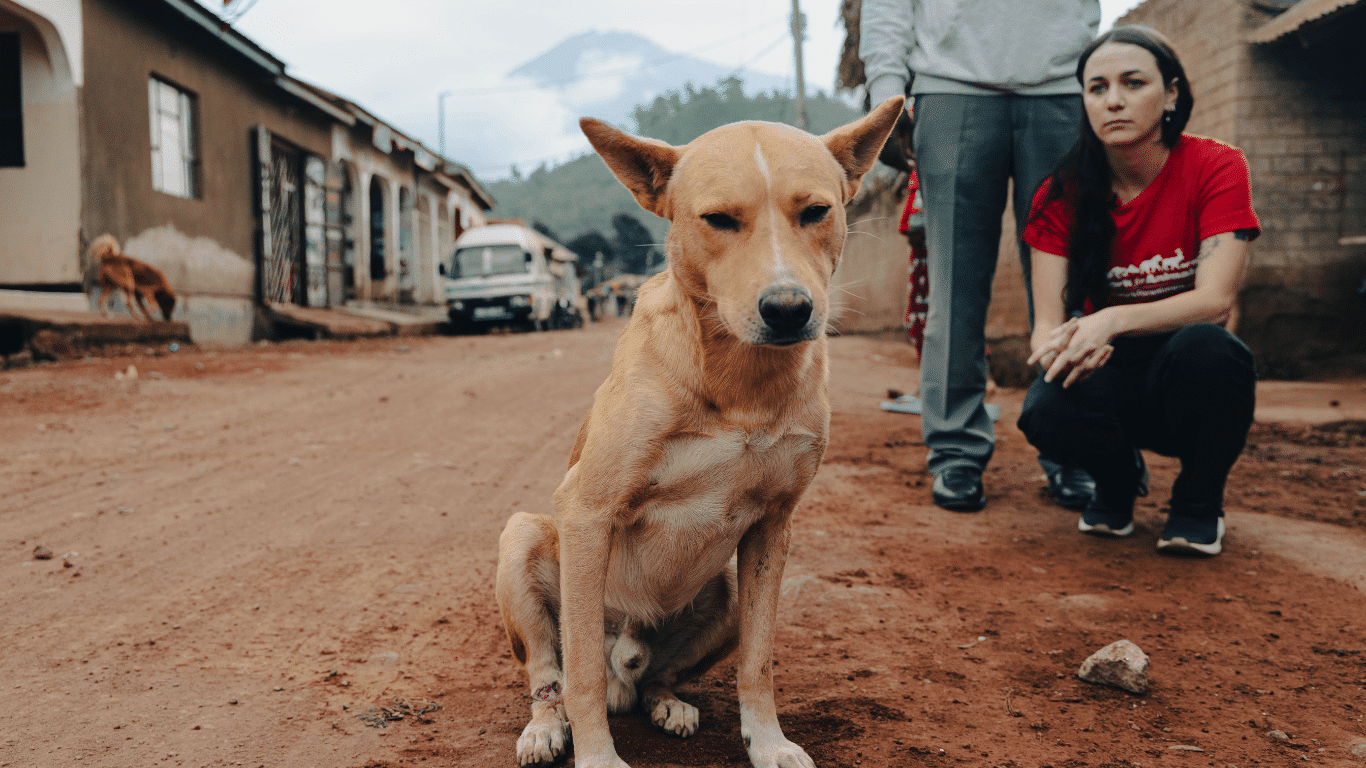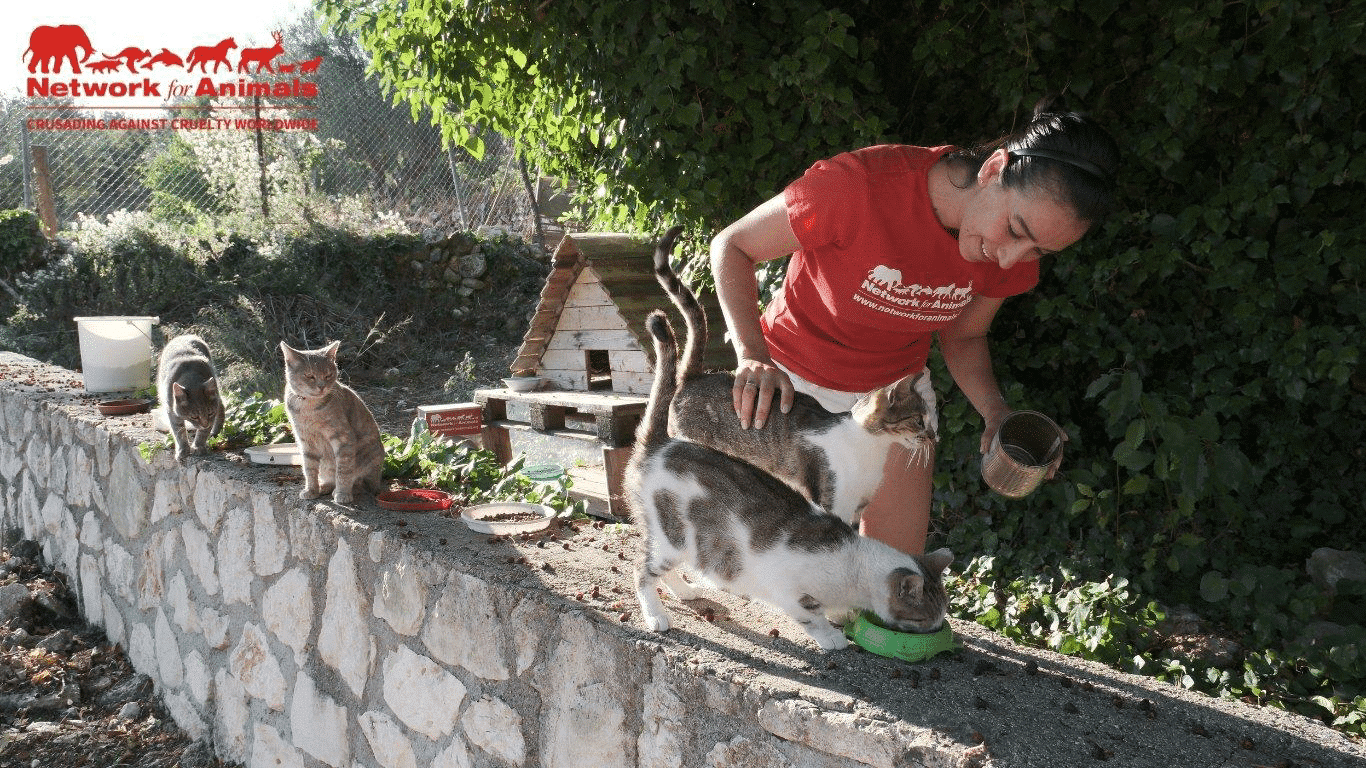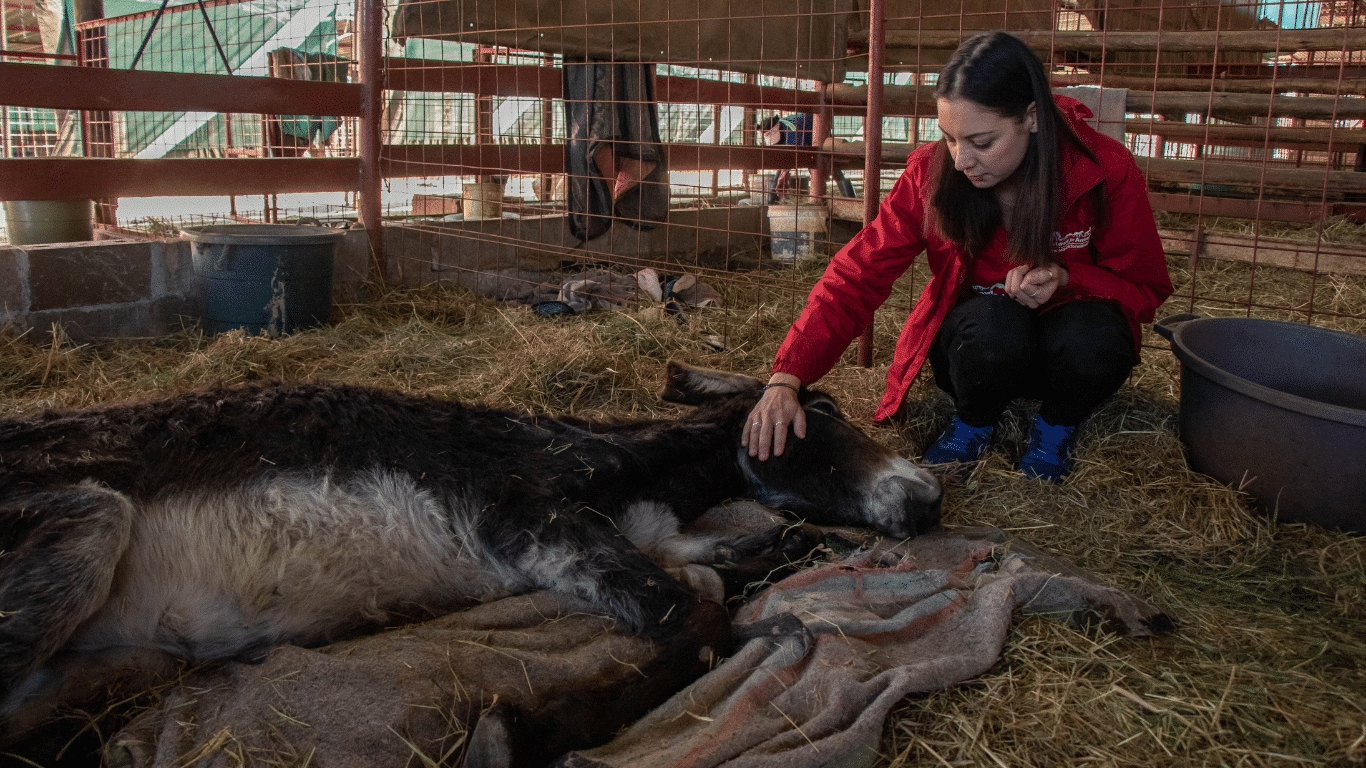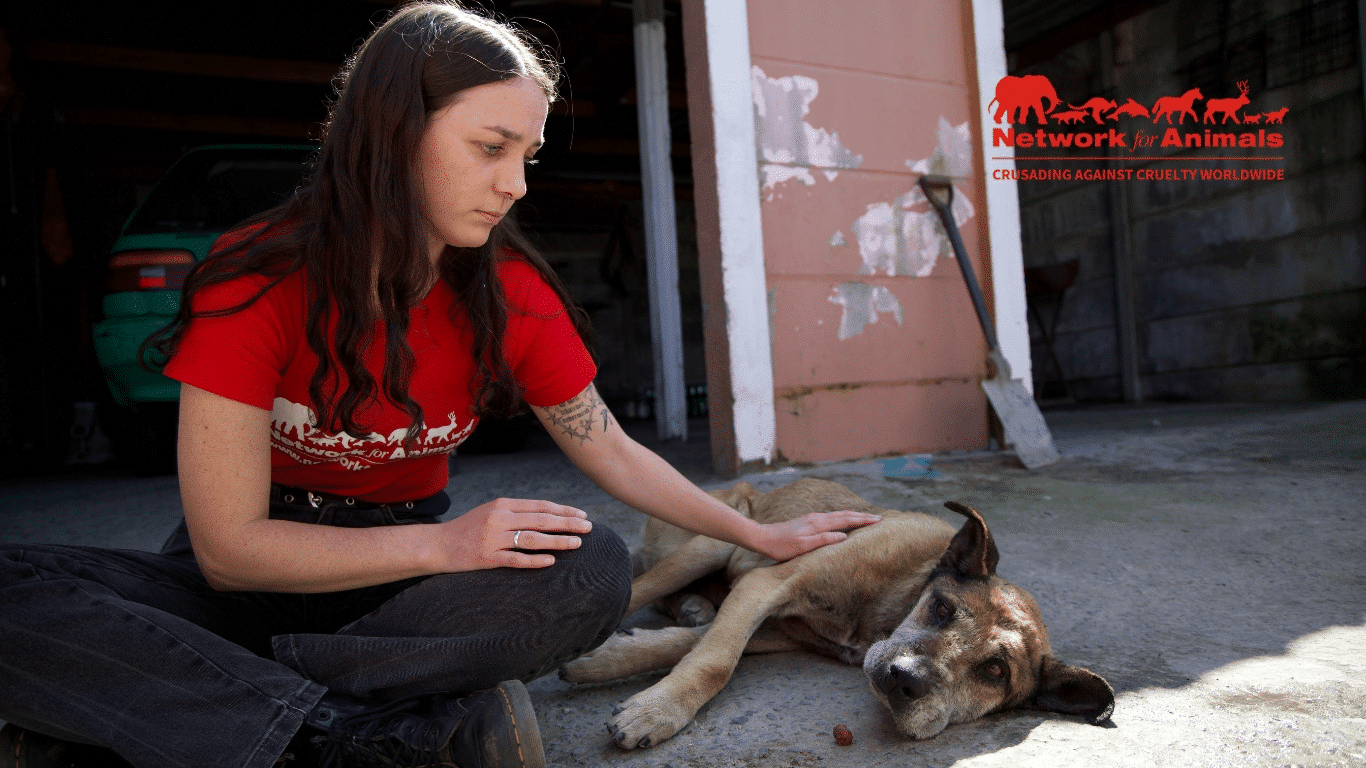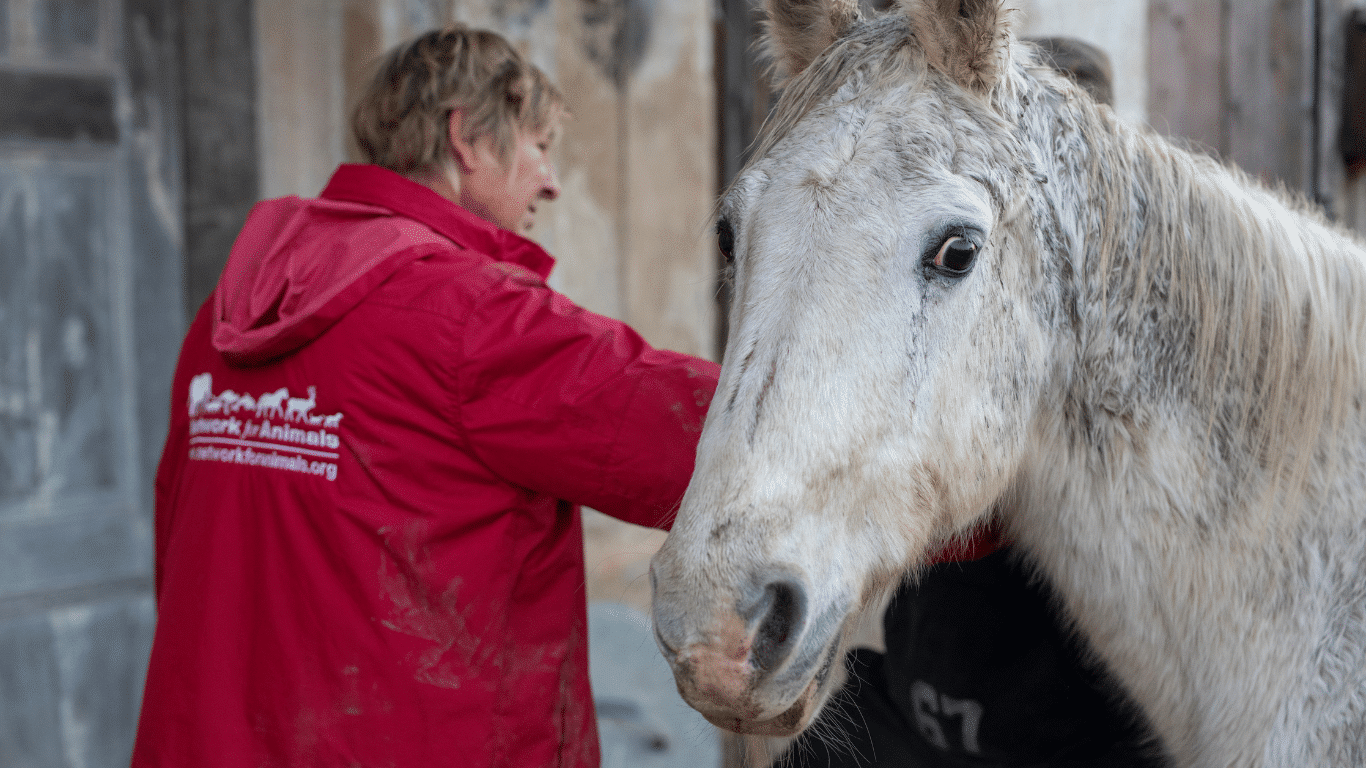Article written by Nicola Davis
Originally published by The Guardian (Mon, Aug 22, 2023)
Research is first to demonstrate positive emotion provoking tears in a non-human
If your canine companion ain’t nothing but a hound dog, crying all the time, it may be because they are brimming with emotion.
Researchers in Japan say they have found that dogs produce tears when reuniting with their owners. What’s more, the blubbing appears to be linked to levels of the “bonding hormone” oxytocin.
“This is the first report demonstrating that positive emotion stimulates tear secretion in a non-human animal, and that oxytocin functions in tear secretion,” the team said.
Writing in the journal Current Biology, they describe how eye contact between humans and dogs encourages the former to care for the latter, while the gaze of a dog can cause a release of oxytocin in its owner. Dogs have also evolved the ability to raise their inner eyebrows, a trait that scientists say induces humans to nurture them.
Now researchers in Japan have found tears might have a similar effect.
“I have two standard poodles and I had one female pregnant six years ago,” Prof Takefumi Kikusui, a co-author of the research at Azabu University, told the Guardian. Noticing her face was more tender than usual when nursing her puppies, Kikusui realised her eyes were teary.
“That gave me the idea that oxytocin might increase tears,” he said. “We previously observed that oxytocin is released both in dogs and owners when interacting. So we conducted a reunion experiment.”
In the first step, the team measured the volume of tears produced by 18 dogs when in their normal home environment with their owner, using Schirmer’s test. This involves placing a special strip of paper inside the lower eyelid and measuring how far along the strip the moisture travels.

The team compared this volume against that produced within the first five minutes of the dogs being reunited with their owners after a separation of more than five hours.
The researchers say the dogs produced a significantly greater volume of tears when reunited with their owners than when wandering the home alone. This increase was not seen, however, when 20 dogs were similarly reunited with a familiar human that was not their owner.
An additional experiment involving 22 dogs showed that dropping oxytocin into their eyes increased the volume of tears they produced – a result not seen when another, oxytocin-free solution was used.
The team then presented 74 participants with 10 photos of five dogs, depicting each animal either with or without moist eyes, and asked them to rate on a five-point scale how much they wanted to avoid or care for the animal. Kikusui said the results reveal the teary-eyed dogs gained 10 to 15% more people wanting to care for them. That, the team say, suggests teary canine eyes trigger such emotions in humans.
The researchers add that unlike other animals, dogs have gained high-level communication abilities with humans using eye contact.
“Through this process, their tears might play a role in eliciting protective behaviour or nurturing behaviour from their owners,” they write, noting that it may deepen mutual relationships and bonding between humans and their canine companions.
But Kikusui said that while the team had found that dogs show an increase of tears during reunions with their owners, questions remained.
“We do not yet know if dogs show an increase of tears during a dog-dog reunion. We also do not know how dogs use tears to communicate with each other,” he said. “We need to clarify the social function of dog tears.”


